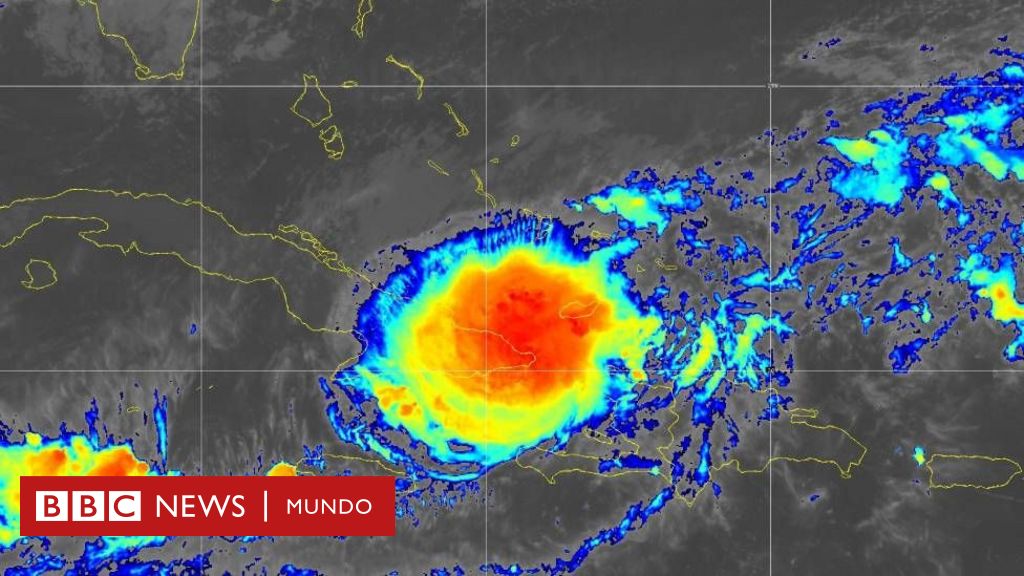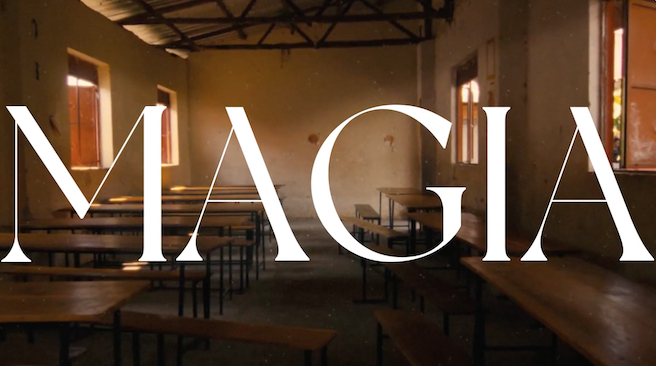La Jornada: Peru in a Labyrinth

You are
After ch. and Pedro Castillo imprisoned, December 7, Peru participated in the renewal of the semi-permanent political crisis in which it had lived for years. From the moment the deposed president announced the dissolution of the unicameral Congress, and that the latter, in response, dismissed him from office for Moral insolvency
And he invested the vice president until then, Dina Polorati, as the new head of the executive branch, and the protests of Castillo’s supporters intensified and the clashes between them and the police forces.
By far, the most serious episode occurred at Andahuelas Airport, where demonstrators surrounded the building, set fire to the broadcasting room and prevented the departure of fifty workers and members of the Peruvian National Police. In that city located in the province of Apurimac, in the south of the country, where regime forces killed two young men who were participating in the protests, the police headquarters was burned. The local social leaders declared a popular revolt and declared an indefinite strike starting today. Meanwhile, in Lima, the country’s capital, hundreds of demonstrators surrounded the Congress headquarters, and a fight broke out inside it between lawmakers, which led to the suspension of the session. Demonstrations also spread to Cajamarca, Cusco, Arequipa and Puno, and roadblocks multiplied at various points on the map of Peru.
The common denominator of the demonstrations is the demand for new general elections and the dissolution of Congress. In some of these, Boulwart’s resignation and Castillo’s reinstatement in the presidency are also demanded. Provincial governors and a host of social organizations have joined this demand. However, Boulwart expressed his determination to remain in office until 2026, when the ousted president’s term was due to expire.
Undoubtedly, in his thirteen months at the helm of the executive branch, Castillo made several mistakes: he distanced himself from the social norms that led him to government, insisted on moving from the left to the center, and even incorporated figures from the right in order to avoid Legislative harassment, all of this is a huge loss of social support. But Castillo’s support deficit is widely overtaken by that of Congress, which is unpopular at more than 80 percent, according to polls, and Dina Poulwart’s situation is no better.
The truth is, the former rural teacher ascended to the presidency with a mandate to radically revamp Peruvian institutional life, fight endemic corruption among the political class and put in place measures of social justice. He was unable to do any of this, either because of his erratic decisions or because of the constant legislative and judicial harassment to which he was the victim. It is completely undemocratic, even indecent, that the aim now is to continue and end Castillo’s presidential term with a government devoted to the right and fujimorismo, as Boulwart intends to do.
Undoubtedly, the only way out of this new turn in the chronic Peruvian crisis lies in calling new elections and in calling a constituent congress to correct the poor institutional design – inherited from Alberto Fujimori – under which in the past six years Peru has seen many parades of presidents.

“Bacon advocate. Certified creator. Twitteraholic. Tv junkie. Beer fanatic. Internet nerd. Passionate thinker. Reader.”








